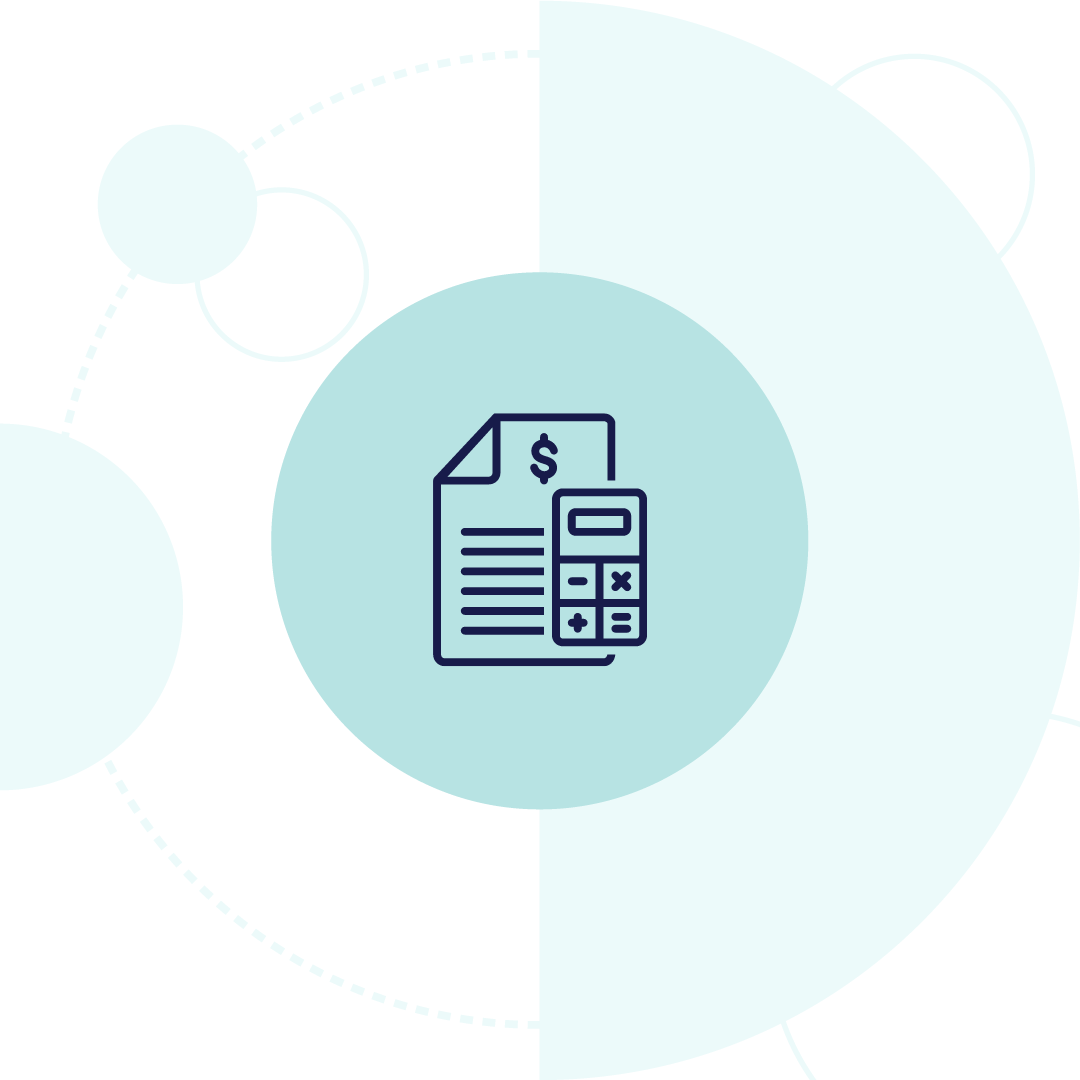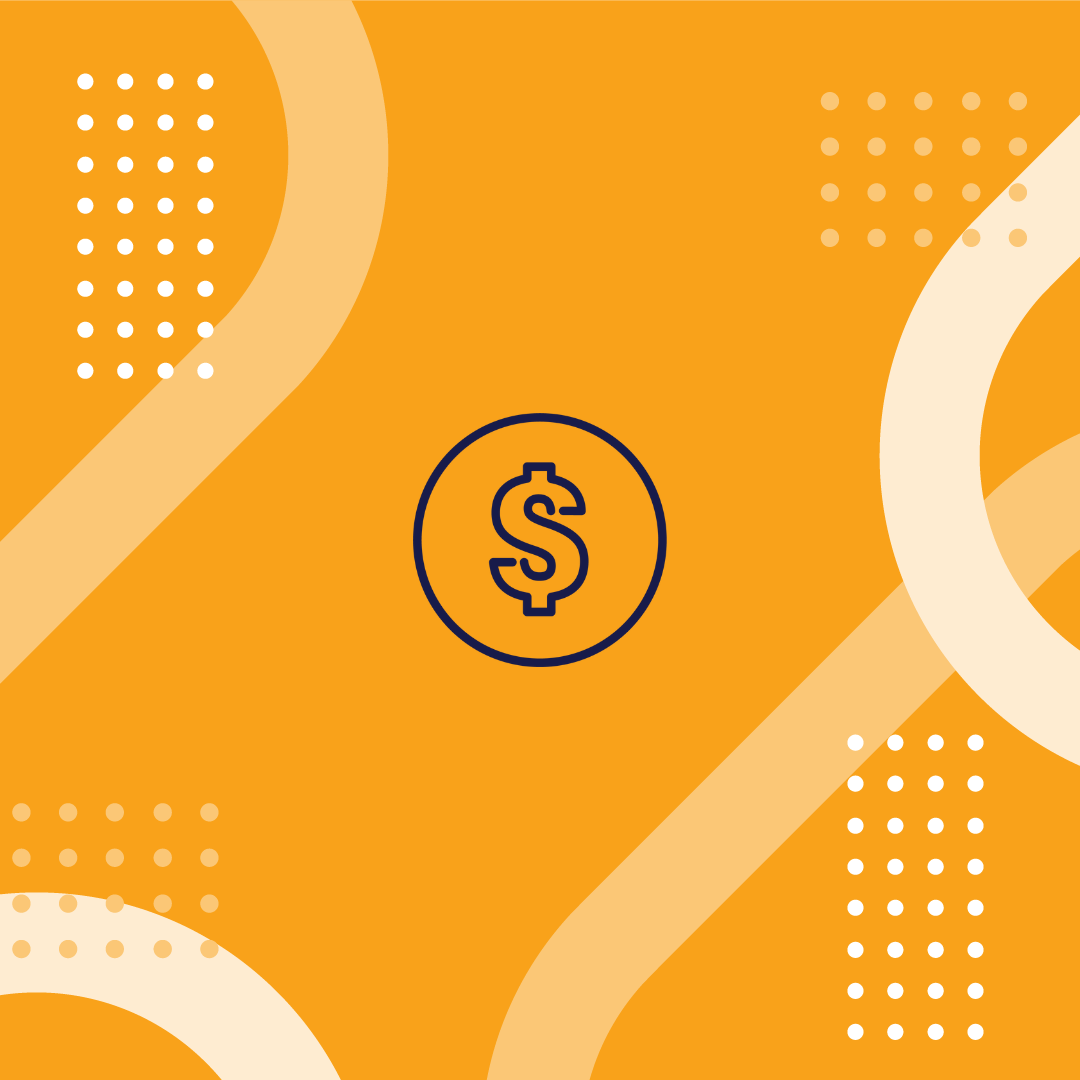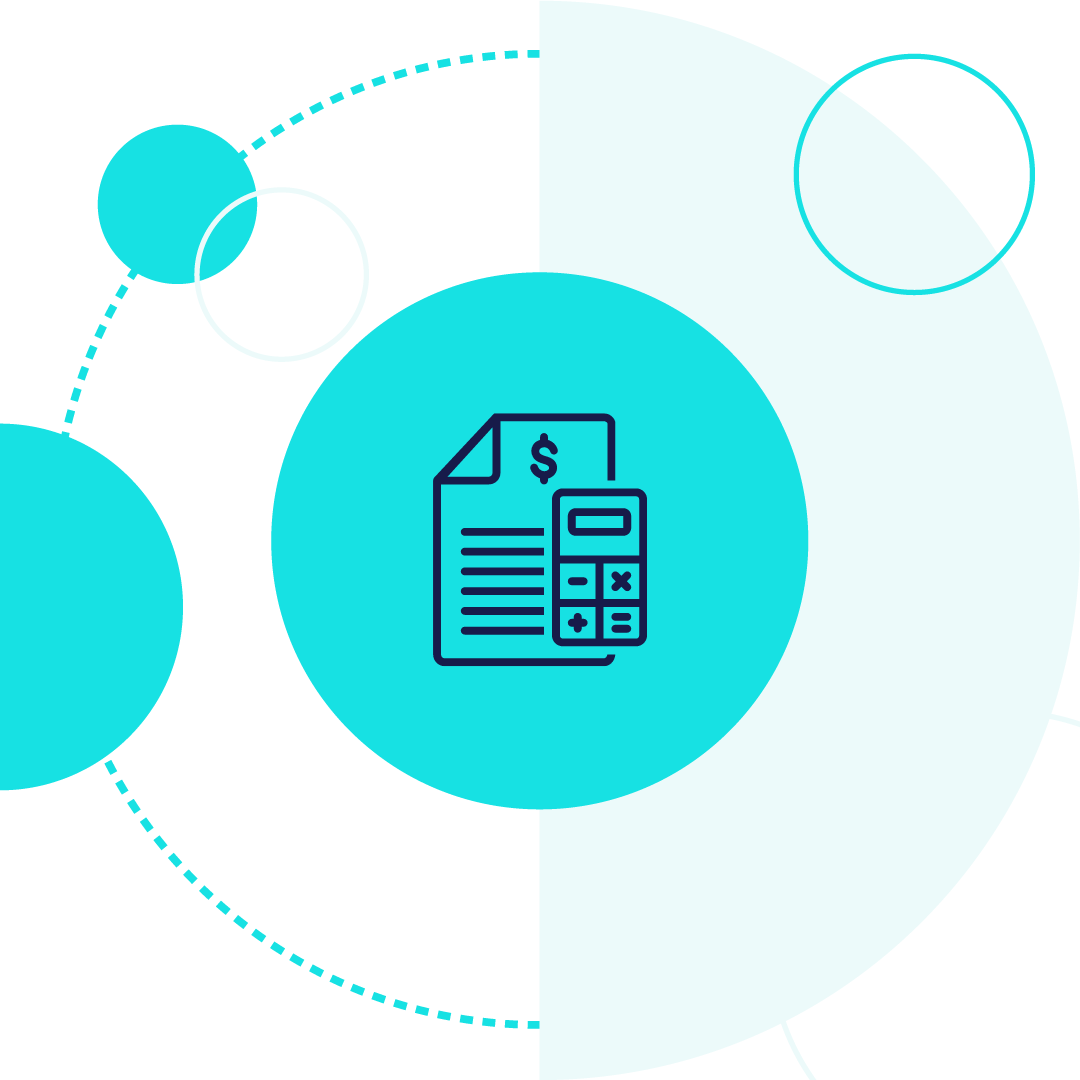All the information you need to know about credit, and how to use it
Credit is a measurement of how likely you are to pay back money that you borrow. The higher your credit score, the more likely a lender will believe that you will pay back the money you borrow on time. If you have a lower credit score, the lender may not want to lend money to you.
Your credit score is determined by many factors, for example-

Having “good credit” can be essential when it comes to renting an apartment, or taking out a loan to purchase a car. The landlord or the car dealer wants to feel comfortable knowing that you will pay your rent, or make your car payment on time. A good credit score tells them that you are more likely to do that.
At the same time, a lower credit score can stand in your way of taking these steps, so it’s important to understand the terms of any credit agreement you enter and make your payments on time.

Credit and credit cards are serious things and shouldn’t be taken lightly. So the more information you can know about credit the better. Here is the key information we think you should know before engaging with anything related to credit.

Here are 3 important terms to know:
A Credit Limit is the maximum amount of money you can borrow on that credit card.
Interest is the fee you pay to borrow money. A lower interest rate means the fee to borrow money is lower.
Annual Fee is a charge applied to your account each year for simply owning the credit card.
A credit card is a card you get that you can use to purchase goods on “credit” – meaning you will pay the amount of money due at a later time (usually at the end of the month).
You have to be at least 18 to get a credit card, but unless you are a college-enrolled student, most credit card options aren’t available until you’re 21.
There are many different types of credit cards; some are even uniquely geared toward college students or those starting their credit journey.
There are several different types of credit cards you can apply for. Here are some options:
Secured Credit Cards are similar to debit cards. You are required to send a deposit to your credit card company and you can only spend the amount you deposited!
+
Pros
Easiest card to get approved for. You can upgrade to an unsecured card (regular credit card) if you keep up with your payments.
–
Cons
The interest rate is usually high and the credit limit (how much you can spend) is low.
Student Credit Cards are geared toward students so chances of approval are high.
+
Pros
You’re able to independently practice using a credit card.
–
Cons
The interest rate tends to be higher and the credit limit is lower than other options.
Become an Authorized User on a credit card owned by a parent or individual that you trust who uses their credit wisely.
+
Pros:
Even if you don’t make any purchases, your credit score can still increase by just being an authorized user.
–
Cons:
Not every credit card company reports authorized users to the credit bureau so depending on the card, your credit score may not increase.







Your financial aid package may include work study. Here’s what that means!
Read More